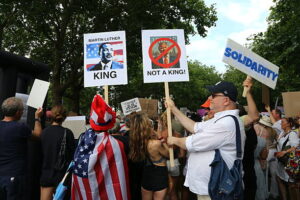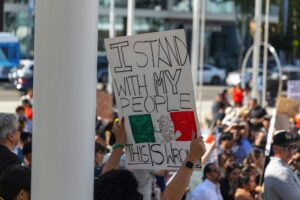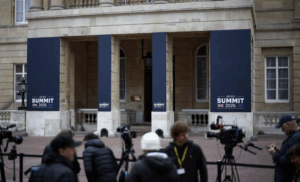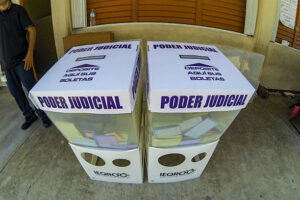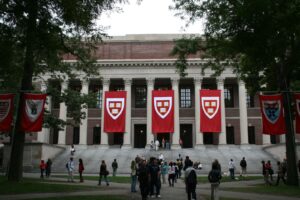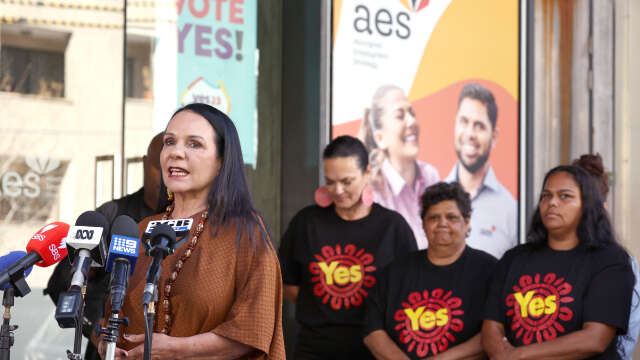No to « The voice »
After counting the votes, it appears that 61% of voters voted « no » to the text which proposed to recognize in the Constitution the Aborigines as the first inhabitants of the island continent and to give them a specific “voice”. If the referendum had been approved, it would have established an Aboriginal and Torres Strait Islander Voice. That would allow a formal body for Indigenous people to give advice on laws.
The plan called for the creation of an advisory council, named “The Voice”. It would advise on laws and public policies that affect Indigenous, Aboriginal and Torres Strait Islander populations. This population represents 984,000. people, or 3.8 percent of the Australian population.
“We want constitutional reforms that give power to our people and our rightful place in our own country”, an indigenous spokesperson said.
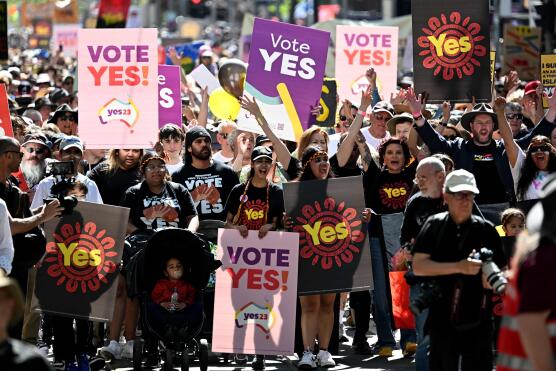
“Tonight I want to acknowledge that for many Aboriginal and Torres Strait Islander people this campaign has been a heavy burden to bear. And this outcome will be very difficult to bear,” said Australian Prime Minister Anthony Albanese. He added: “Every Australian has benefited from a unique, once-in-a-generation opportunity to unite our country and change it for the better.”
Initially largely in the majority, the camp in favor of changing the 1901 Constitution has continued to lose ground in recent months. The cause was notably due to the campaign led by the former Minister of Defense Peter Dutton. He is a member of the conservative opposition. He said the result was « good for our country ».
For the conservative camp, the reform constitutes constitutional tinkering. It would create divisions within society, by creating a distinction in citizenship.
Back in time
Discovered by the Englishman Cook in 1770, Australia was populated by around 250,000 natives. Marked by a lot of oppressions, the phenomenon of stolen generation will remain the heaviest.
The story started by an uncontrollable proliferation of rabbits. Then subsequently by the creation of a hundred meter long barrier. When this barrier was created by white colonial men, Aboriginal women had children with these men.
Between 1910 and until the 1970s the Australian government organized the forced removal of children considered mixed in order to adopt white values. Their names were anglicized and they learned and spoke english. Afterwards, the retirements were extended to all indigenous children, with or without white blood. The goal was to stop and cause the indigenous culture to be abandoned over the years.
Often seen as necessary and as an opportunity for them, these kidnappings have shattered lives. They were a few weeks old babies. They grew up only in white families but with indigenous blood. The lack of indigenous culture and traditions makes them feel excluded.
Ian Hamm was kidnapped when he was only a three-week-old baby in 1964, – “I grew up just 50 kilometers away from them (his family), unaware of their existence”.
However, a historic moment: bringing them home, published in 1997. It is the title of the report of the Australian Human Rights Commission. It publicly denounced these systematic kidnapping policies to Australian society and the world. Seen as hope for the Stolen Generation, last Saturday’s vote marked an abandonment of the policy of reconciliation between Australians and Aboriginals.
Additionally, Australia’s apology was presented in a 2008 speech by Kevin Rudd, the former Australian Prime Minister. He said: « For the pain, suffering and harm of these stolen generations, their descendants and their families left behind, we say our apologies. »
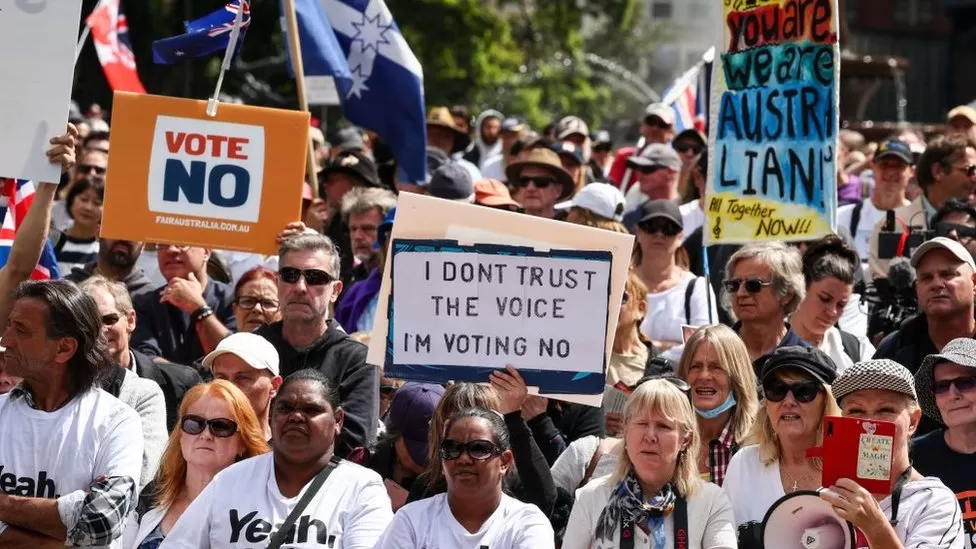
All the things the Australian government did to apologize to indigenous people were enough for those who voted « no » last Saturday. On social networks, the sentences are going viral: “Aborigines must take control of the country” or that “white people will have to pay” to live in Australia. Everyone gives their opinion. This is even worse because it highlights the divide again.
Strong inequalities
For supporters of « The Voice », this reform would help heal the still raw wounds of a past of colonization and racial repression.
Today, more than 200 years after British colonization, Indigenous Australians, whose ancestors have lived on the continent for at least 60,000 years, have the same rights as other citizens. However, they still suffer from stark inequalities. The life expectancy of Aboriginal people is about eight years lower than that of other citizens. Statistically, their children are less educated and twice as likely to die during childhood.
A 2019 study by the Australian Institute of Health and Welfare (AIHW) found that children living in households with members of the Stolen Generations are more likely « to experience a range of adverse outcomes ». This range includes poor health, especially mental health, missing school and living in poverty. There are high incidences of anxiety, depression and suicide, along with alcohol abuse, among the Stolen Generations. Thus, it often results in unstable parenting and family situations.
According to the latest news, Australian Aborigines are demanding a week of silence. This historic referendum is seen as yet another humiliation for the recognition of their population in the country.
See also : https://www.france24.com/fr/asie-pacifique/20231014-les-australiens-disent-non-au-r%C3%A9f%C3%A9rendum-sur-les-droits-des-aborig%C3%A8nes



